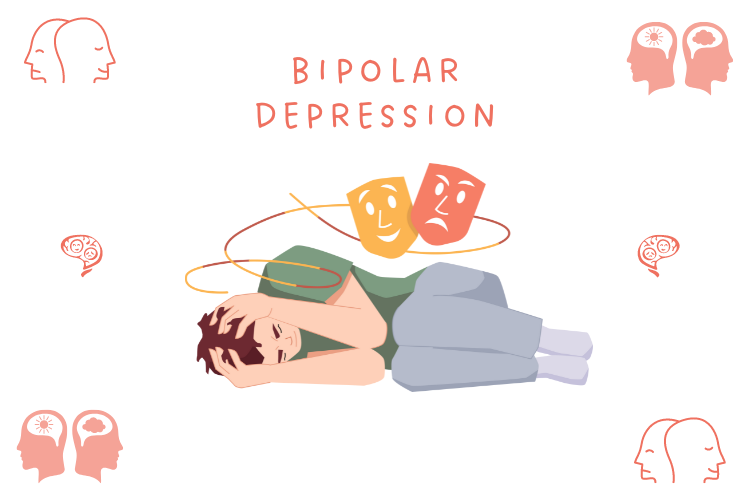Depression is a complex mental health condition that can manifest in various forms. One such form is Persistent Depressive Disorder PDD (Persistent Depressive Disorder), formerly known as Dysthymia, which casts a shadow of long-term sadness and hopelessness over the lives of those affected. In this blog, we will delve into the intricacies of Persistent Depressive Disorder, exploring its symptoms, causes, impact on individuals, and available treatment options.
What is Persistent Depressive Disorder?
Persistent Depressive Disorder is a chronic form of depression characterized by a continuous low mood and a sense of hopelessness that persists for at least two years in adults (one year in children and adolescents). Individuals with PDD (Persistent Depressive Disorder) often experience fluctuating periods of mild to moderate depression, with brief periods of feeling relatively better, followed by a return to the persistent low mood.
Symptoms of Persistent Depressive Disorder
The symptoms of PDD (Persistent Depressive Disorder) are similar to those of major depressive disorder but are generally less intense. Common symptoms include:-
1. Continuous feeling of sadness or emptiness2. Loss of interest or pleasure in usual activities
3. Low self-esteem and self-critical thoughts
4. Fatigue or lack of energy
5. Changes in appetite or weight
6. Difficulty making decisions or concentrating
7. Sleep disturbances (insomnia or excessive sleep)
8. Feelings of hopelessness or worthlessness
Causes of Persistent Depressive Disorder
The exact causes of PDD (Persistent Depressive Disorder) are not fully understood, but it is believed to be influenced by a combination of genetic, biological, environmental, and psychological factors. Individuals with a family history of depression may be at a higher risk of developing PDD (Persistent Depressive Disorder). Stressful life events, early childhood trauma, or chronic stress can also contribute to its onset.
Impact on Individuals
Persistent Depressive Disorder can significantly impact an individual's overall quality of life. The prolonged nature of the condition can affect personal relationships, work performance, and social interactions. Individuals with PDD (Persistent Depressive Disorder) may experience difficulty maintaining healthy relationships and find it challenging to engage in activities they once enjoyed. PDD (Persistent Depressive Disorder) can also lead to comorbid conditions, such as anxiety disorders or substance abuse, further complicating the management of the disorder.
Treatment Options
Persistent Depressive Disorder is treatable. The most common approaches to treatment include:-
Psychotherapy: Talk therapy, such as Cognitive Behavioral Therapy (CBT), can help individuals identify negative thought patterns and develop coping strategies.Lifestyle Changes: Engaging in regular exercise, maintaining a healthy diet, and ensuring adequate sleep can have a positive impact on managing PDD (Persistent Depressive Disorder).
Support Network: Building a strong support network of family and friends can provide emotional support and encouragement throughout the treatment process.
Mindfulness Practices: Techniques such as meditation and mindfulness exercises can help individuals manage stress and improve overall emotional well-being.
Conclusion
Persistent Depressive Disorder is a challenging condition that requires a comprehensive and patient-centered approach to treatment. With the help from Smyl psychologists experts, individuals with PDD (Persistent Depressive Disorder) can learn to manage their symptoms and improve their quality of life through the right support and understanding. If you or someone you know is experiencing symptoms of PDD (Persistent Depressive Disorder) or any form of depression, it is essential to seek help from a mental health professional. Remember, treatment is available, and no one has to face the burden of depression alone.



